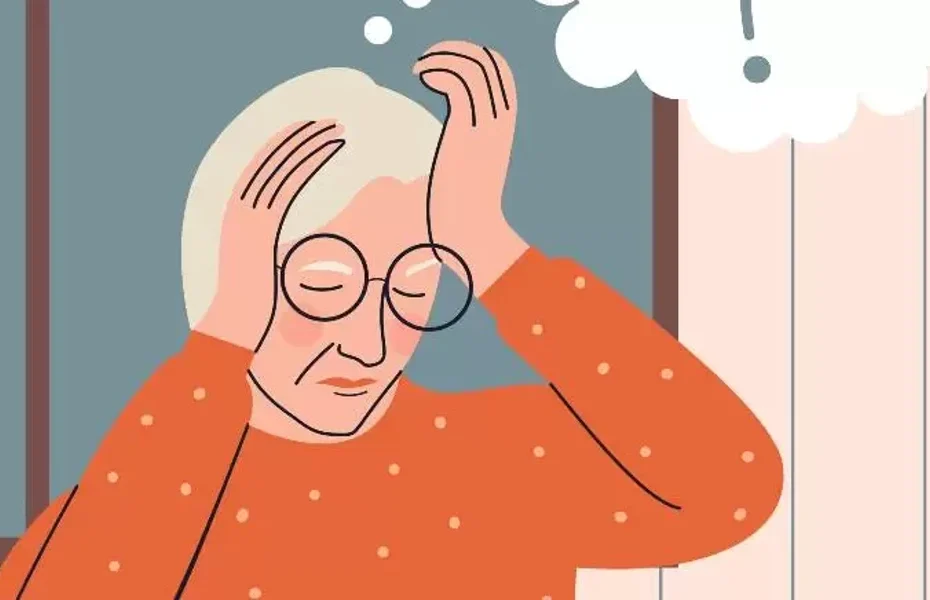Advertisement
What is the Dementia Quiz and Who is it For?
The Dementia Test is designed for individuals who are concerned about their cognitive health and want to understand if they might be experiencing early signs of Dementia. This self-assessment quiz is not a diagnostic tool but rather a preliminary self-assessment to help you identify potential symptoms that may warrant further evaluation by a healthcare professional. It is suitable for adults of any age who have noticed changes in their memory, thinking, or behavior, or for those who have concerns about a loved one.
Symptoms of Dementia
Dementia is characterized by a decline in cognitive function that interferes with daily life and activities. Common symptoms include:
- Memory loss, particularly of recent events
- Difficulty concentrating and focusing on tasks
- Problems with language, such as finding the right words
- Confusion about time and place
- Difficulty completing familiar tasks
- Poor judgment and decision-making
- Changes in mood and personality
- Withdrawal from work or social activities
What Causes Dementia?
Dementia is caused by damage to brain cells, which affects their ability to communicate with each other. This damage can be the result of various diseases and conditions, including:
- Alzheimer’s disease (the most common cause)
- Vascular Dementia, caused by reduced blood flow to the brain
- Lewy body Dementia, associated with abnormal protein deposits in the brain
- Frontotemporal Dementia, involving damage to the brain’s frontal and temporal lobes
- Mixed Dementia, where multiple types of Dementia occur simultaneously
How is Dementia Treated?
While there is currently no cure for most types of Dementia, treatments are available to manage symptoms and improve quality of life. Treatment options include:
- Medications to manage cognitive symptoms and improve memory
- Therapies such as cognitive stimulation, occupational therapy, and speech therapy
- Lifestyle changes, including a healthy diet, regular physical exercise, and mental activities
- Supportive care from healthcare professionals, caregivers, and support groups
Dementia FAQs
Q: Can Dementia be prevented?
A: While there is no sure way to prevent Dementia, certain lifestyle changes such as maintaining a healthy diet, regular exercise, mental stimulation, and controlling risk factors like hypertension and diabetes may reduce the risk.
Q: How is Dementia diagnosed?
A: Dementia is diagnosed through a combination of medical history, physical examination, neurological tests, cognitive and neuropsychological tests, brain imaging, and blood tests.
Q: Is memory loss always a sign of Dementia?
A: Not necessarily. Mild forgetfulness can be a normal part of aging. However, persistent and progressive memory loss that interferes with daily life may be a sign of Dementia and should be evaluated by a healthcare professional.
Q: Can young people get Dementia?
A: While Dementia is more common in older adults, it can occur in younger individuals. Early-onset Dementia affects people under the age of 65 and is often related to genetic factors.
By taking this Dementia Test, you are taking an important step towards understanding your cognitive health. Remember, this quiz is not a substitute for professional medical advice, diagnosis, or treatment. If you have any concerns, please seek the guidance of a healthcare provider.
